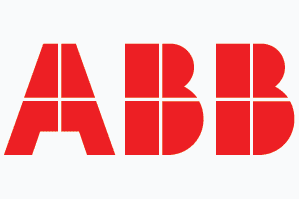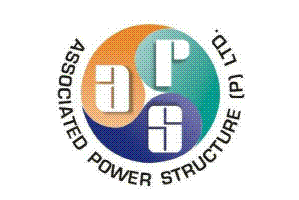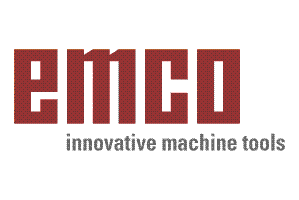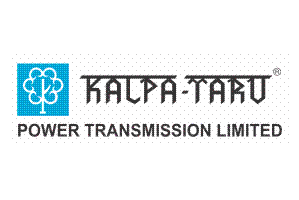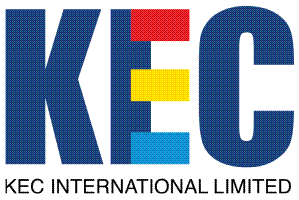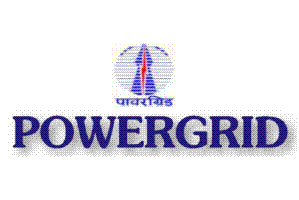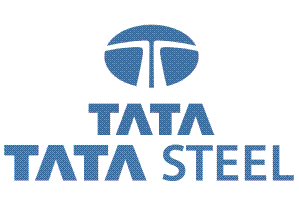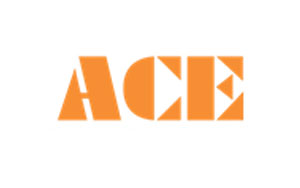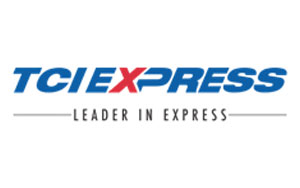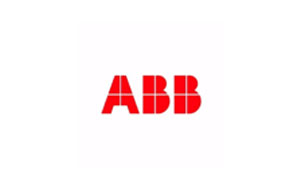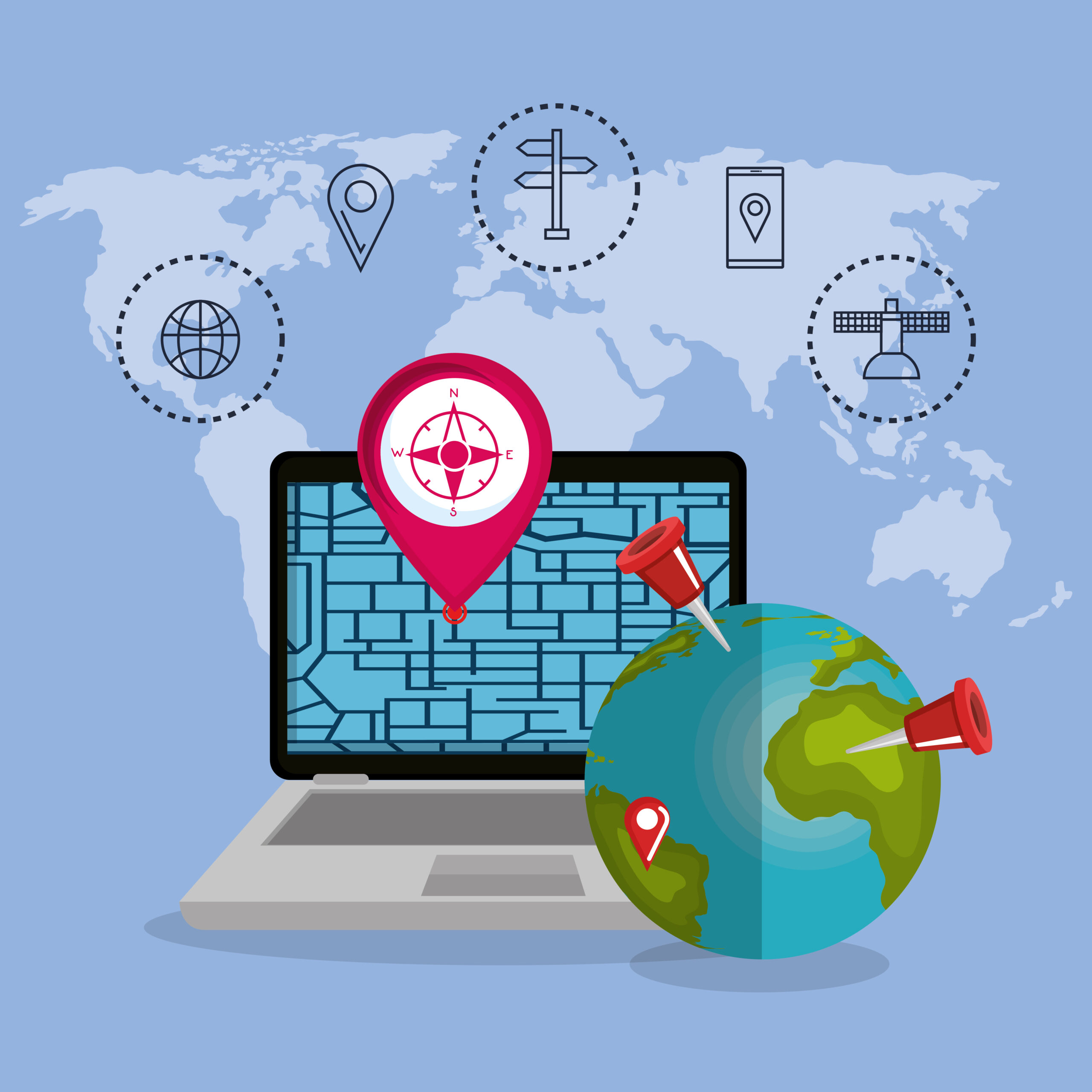
E-learning has emerged as the main method used by small, medium, and multinational businesses to teach their employees in recent years. One may assume that in the business world, E-learning has taken over as the standard method of staff training. As per the expert judgment of a reputable Delhi-based provider of E-learning translation services, over 80 percent of businesses worldwide have opted to teach their employees via E-learning platforms.
What distinguishes standardized localization techniques from E-learning localization?
Standardized localization services are not the same as translation and localization services for E-learning software.
This is how it is articulated.
As you can see, localization specialists modify the content in the source file during standardized localization projects. Subsequently, they proceed to modify the graphics, layout, and color scheme of the original file. It’s easy to understand why the localization experts implemented the aforementioned measures to ensure that the content aligns with the cultural preferences of the intended audience segments and target location.
On the other hand, localization specialists must go above and beyond when it comes to E-learning localization, changing the source content’s videos, voice-over track, interactive features, UI controls, and general navigational aspects. These actions are crucial because they enable the E-learning content to provide all intended audience segments with the same experience as the original file.
Who is the target audience for localized E-learning materials?
The following audience segments benefit from E-learning translation services in Bangalore, or any other location for that matter.
- Corporate users : Localized E-learning content helps organizations quickly bring their local, national, and international workforces up to speed on new services or products developed by their R&D department. This is especially helpful when training staff members from different countries.
- Frontline staff : Manufacturers can train their customer support staff using customized E-learning content about new tools, updated safety procedures, updated material handling protocols, revised business policies, and revised manufacturing processes to ensure that the support provided to customers complies with international standards.
- Students : Organizations that provide training programs to individuals eager to acquire new abilities that will further their professions make use of localized E-learning content. International students’ recall of information is improved with localized e-learning content. The best thing is that syllabuses, course catalogs, and course content can all be localized with E-learning localization!
How might E-learning localization help E-learning brands?
When E-learning companies turn to E-learning localization service providers for assistance, they stand to gain a lot. The sections that follow list a few of those advantages. The satisfaction rates of the targeted audience segments that an E-learning company intends to court can rise with localized E-learning content.
People can comprehend the educational information in online course materials more fully thanks to localized content in E-learning. E-learning brands may swiftly penetrate and create a firm presence in selected market segments with the use of localized E-learning content.
By demonstrating that each employee’s demands are being given top priority by their separate employers, E-learning material translation can also assist brands and companies in keeping their most valued personnel.
Localizing E-learning is essential.
If the leaders of E-learning firms are thinking about growing their business, they should get in contact with a reputable e-learning localization service provider like La Classe Translation. The best language service provider is La Classe Translation as it has been assisting E-learning institutions in achieving their business objectives for some time and is not only ISO certified.
Speak with Classe Translation, a translation service company, to find out more about their E-learning localization services.
Why is localization of E-learning important?
When engaging in the worldwide education of a workforce, localizing E-learning content is required to preserve its effectiveness by adapting content for various regional audiences. All trainees can benefit equally from learning when educational materials are developed that engage students from different backgrounds and get over linguistic and cultural barriers. Certain content could not even be comprehensible or accurate after translation if the other localization components are not included. Thus, what makes localization of E-learning crucial? Enhanced student engagement, boosts program efficacy, addresses cultural sensitivity, facilitates learner comprehension, and assures compliance.
How to pick a localization service for online learning
Businesses should take into account a number of aspects when selecting an e-learning localizer for corporate training to make sure the material is appropriately tailored for their worldwide workforce. Our extensive list of qualities that a skilled team with knowledge of the intricacies of E-learning localization should possess will assist you in selecting a provider.
1. Expertise in language and topic matter: Verify that the localizer is knowledgeable about both the language and the subject matter covered in your course materials. In order to give correct translations and cultural adaptations, they should be familiar with the terminologies and concepts unique to the business.
2. Cultural sensitivity and local knowledge: The localizer needs to be extremely knowledgeable about the customs, laws, and business practices of the target area. This guarantees that E-learning that is localized is suitable.
3. Technical expertise: The E-learning localizer needs to be knowledgeable about the platforms and technologies you are utilizing. Their ability to manage different e-learning formats and smoothly incorporate information that has been localized into your Learning Management System (LMS) or other E-learning platforms is commendable.
4. Procedures for quality assurance: Seek out localizers who have established thorough quality assurance (QA) procedures. They must have a procedure in place for examining and testing the translated E-learning content to guarantee its correctness, usefulness, and compatibility.
5. Knowledge of localizing E-learning: Select a localizer who has experience working on E-learning projects. They ought to be aware of the educational tenets and how cultural variations could impact students’ participation and learning preferences.
6. Scalability and resource accessibility: Verify the localizer’s capacity to manage the scope of your project and adhere to your timelines. They must have enough resources, such as a group of technological specialists, instructional designers, and translators.
7. Processes for feedback and revision: The localizer should be receptive to criticism and prepared to make changes. Working together guarantees that the finished product will fulfill your requirements and successfully support your staff members’ learning needs.
8. Economy of scale: It’s crucial to take into account the E-learning localizer’s pricing structure, even though it shouldn’t be the primary consideration. Seek clear pricing policies and make sure the services you receive meet your needs without sacrificing quality.
9. References from clients and portfolio: Request and look over the client references and portfolio of the localizer. This can provide you with information about their background and level of skill. Select a localizer that provides post-localization assistance if you need it. This includes fixing any problems that crop up after the course materials are made available and updating them as needed.
10. Security and compliance: Verify that the localizer abides with data protection laws and industry norms. Throughout the localization process, they ought to protect your confidential information and intellectual property.
Creative fixes: Seek out localizers who can improve the learning experience for your global workforce with creative solutions like gamification, customized learning paths, or mobile learning. In the contemporary e-learning sector, for instance, utilizing AI technologies like ChatGPT and Synthesia is a cutting-edge competence.





